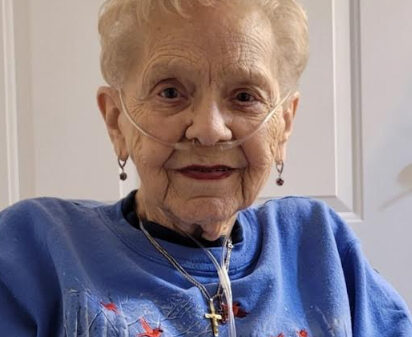Massachusetts Attorney General Andrea Campbell faces criticism for her perceived inaction on pressing local crime issues. Observers indicate that her focus has shifted towards high-profile lawsuits, including cases against former President Donald J. Trump, while neglecting fundamental responsibilities in her office. Critics argue that these priorities undermine the public’s trust in the state’s law enforcement.
One striking example is the case of the Ponzo brothers, former police officers from Stoneham, Massachusetts, who were sentenced to prison for their roles in a fraudulent scheme that siphoned off $40 million from the Mass Saves program. Their conviction came only after federal authorities intervened, raising questions about the local law enforcement’s effectiveness. Critics contend that neither Campbell’s office nor local police noticed the extensive corruption until it was too late.
Concerns Over Accountability and Transparency
The lack of action from Campbell’s office has drawn attention to broader issues within the Massachusetts justice system. Many residents wonder about the effectiveness of policing in the state, especially in light of recent scandals involving local law enforcement. One prominent case currently under scrutiny is Commonwealth v. Gerson Pascual-Santana, which involves allegations of misconduct by former judge Douglas Darnbrough and assistant district attorney Karlyn Butler. The case has raised concerns about possible biases within the judicial system, particularly given its racial dynamics.
Documents related to this case remain sealed, and the public has been largely kept in the dark. Critics argue that such secrecy only fuels speculation and distrust among citizens. The ongoing legal proceedings have sparked discussions about whether justice is truly being served, or if it is being deliberately obscured to protect certain interests.
The Impact of Leadership in Law Enforcement
The implications of Campbell’s leadership style are significant. Critics draw parallels between her administration and that of her predecessor, Maura Healey, who also faced scrutiny for her handling of local crime issues. Healey’s tenure included notable efforts to address political harassment against certain groups but was marred by controversies surrounding the handling of evidence in high-stakes cases.
As Andrea Campbell seeks to establish her legacy, the pressures of public expectation loom large. The state’s voters recently expressed a desire for accountability, as evidenced by a significant vote advocating for an audit of the Legislature’s finances. Observers suggest that Campbell’s response, or lack thereof, could define her tenure and impact future elections.
The growing discontent over crime and corruption in Massachusetts points to an urgent need for renewed commitment to law enforcement and transparency. As the public awaits meaningful action from their Attorney General, the question remains: will Andrea Campbell rise to the occasion, or continue the trend of inaction that has characterized her office in recent years?







































































